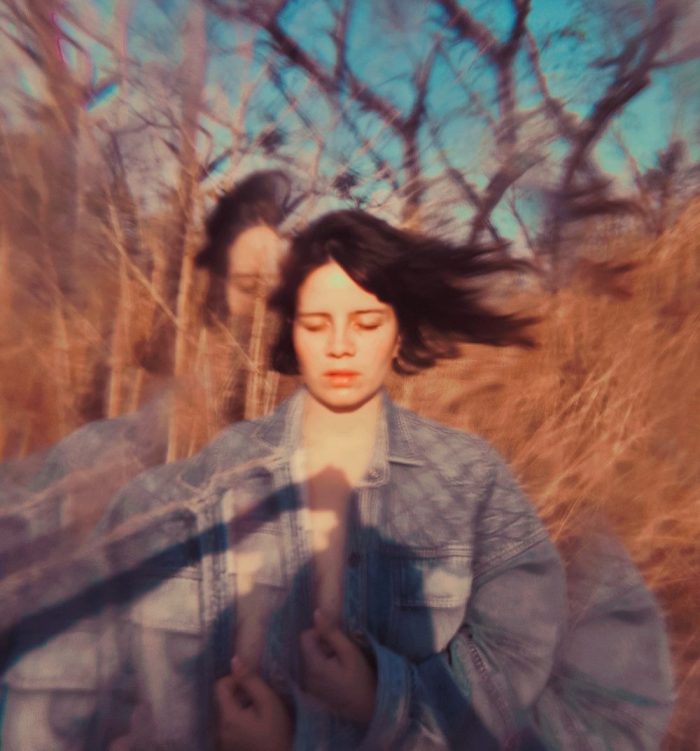Hope.
This four-letter word has held the most power over me in my world.
I would whisper its name in moments that became too overwhelming or seek it out in moments of boredom or ill-ease.
Like a tapestry illuminated at the end of a long, dark, tubular kaleidoscope, hope was a mixture of billowy clouds, cotton candy, and Enya’s “Sail Away,” enrapturing my senses and transporting me from whatever emotion of discontent I was feeling in the moment into a future of pleasure and happiness.
And there I would be, smiling, having a good hair day, and feeling free.
And it worked—momentarily.
Like a Band-Aid, it stopped the bleeding of emotional pain and at the same time covered up whatever it was I did not want to see or feel.
We have all been there. Daydreaming or wishful thinking may fall under the umbrella of hope; we think it protects us from the rain that soaks our clothing, reminding us of the actual weight we carry. I still have calluses on my hands from clinging to hope while in a game of tug-of-war against reality—reality always won.
See, on my refrigerator still hangs Emily Dickinson’s hauntingly beautiful poem in which she depicts hope as “the thing with feathers that perches in the soul…” from when darkness draped down on my world like a velvet burgundy curtain in an old movie house. Intermission: the day my sister was murdered. Ten years ago, I could not imagine being in any particular mindful moment, so my entire existence became hoping for some day other than that day.
Don’t get me wrong, hope is a powerful and necessary tool for goal setting and visualizing one’s future. It just depends on the intention behind the usage of the word.
For me, it became an escape mechanism from my current life, ad nauseam (mostly because I suppose it is more prosocial than hitting the sauce every day). And I notice its usage in my therapy sessions with clients struggling from depression, anxiety, chronic pain, death, and loss.
Maybe you can relate.
We start to feel or become conscious of something uncomfortable or painful, and immediately shift into hoping for something other than that, a different outcome, expectation for a better future—anything to move us away from the present moment. And when we move away from the negative or uncomfortable feelings that come up inside of us, we begin to lose touch with what is happening in the now, in the present, which can enrich our understanding of ourselves and the situation.
That painful moment may be drenched in darkness, sadness, loss, and anger. And if we sit with those feelings, we can start to cultivate an inner sense of trust and self-reliance because we are giving ourselves the space to just be with whatever is arising.
No judgment. No blaming. No shame. No hope.
We have experienced the seductiveness of hope as it pulls us away from our current truth. We might even say hope can feed on wishful or delusional thinking: “I hope I get that (fill in the blank) because then I will be so happy and fulfilled.” Hope is also future focused, the opposite of the now. It is planning for something good to happen, whereas its opposite, fear, is planning for something bad to happen.
We could take it a step further and say we expect that hopeful outcome to happen and, once again, the seductive gripping begins.
When the intention of using hope is to pull us away from the present emotion, situation, or moment, then we know we have been pulled away into more pleasurable escapist mindset.
One tool I use with my clients and myself in moments like these is to notice the difference between “I hope” and “I know” which can return us to the present moment and get grounded in whatever feelings or situations are arising.
I also do my best effort to remain mindful of when I say and think the word “hope” and pause to check in with my true intentions. Am I resisting the now? Am I trying to run away from this moment?
We all have the wisdom to become less reliant on a future hopeful outcome (that may not come), when we entrust ourselves in the present moment to stay alive and awaken to the continual unfolding of our lives.
~







Read 1 comment and reply